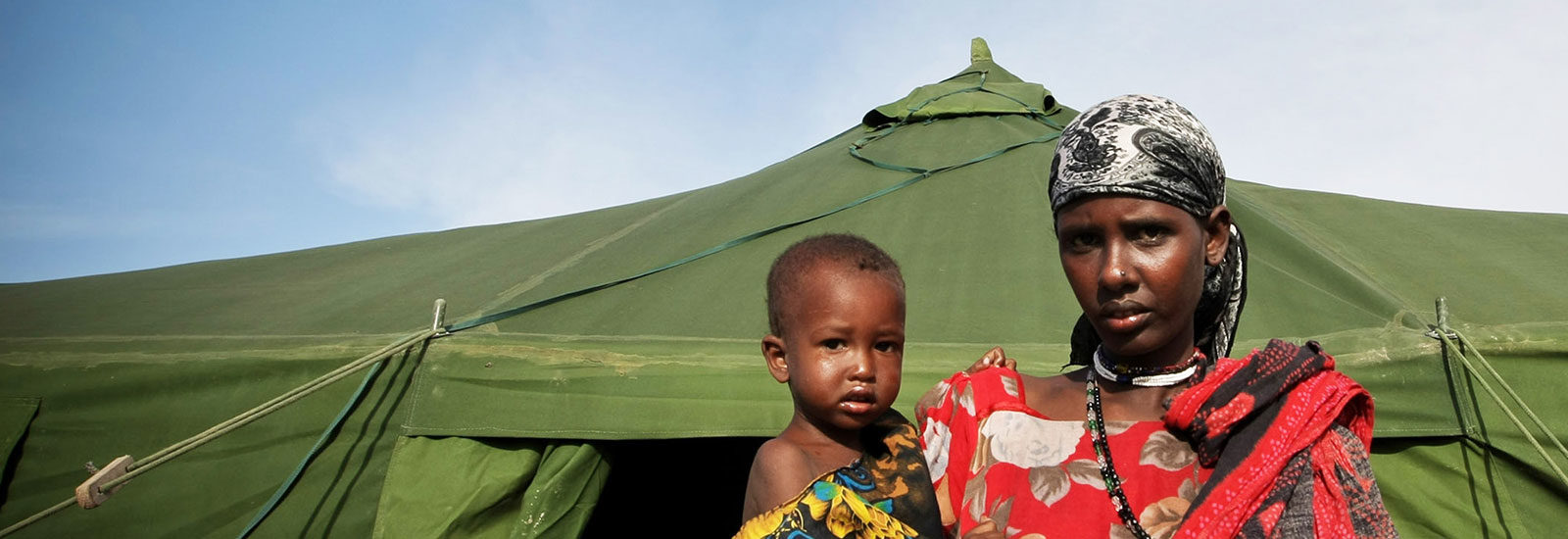Although Somalia has an extensive number of CSOs, there are no existing networks of organizations working collectively to address women, peace and security issues.
The Added Value of the WPHF
In Somalia, the WPHF aims to strengthen the capacity of women’s organizations to identify and respond to threats by establishing networks, early-warning systems and mechanisms that offer opportunities for dialogue and peaceful engagement.
Background
In 2012, the first internationally recognized Federal Government of Somalia (FGS) came into power following more than two decades of civil war. With the new President, a federal state building process commenced under the framework of the Peacebuilding and State Building Goals (PSGs). Somalia ranks second on the Fragile States Index and continues to be stricken by extreme poverty.
The last two years have continued to be dominated by political in-fights and clan-related tensions, and the militant Al-Shabaab continues to destabilize the country. No key legal reforms of relevance to women’s empowerment and gender equality have been undertaken, and while a National Gender Policy framework was recently approved by the Federal Cabinet, a National Action Plan is yet to be in place.
The Issue
Women in Somalia continue to suffer disproportionally from clan-fights and extremist interventions. The continuation of practices, such as polygamy, early and forced marriage, FGM, and wife inheritance undermines the realization of women’s empowerment and gender equality. Barriers to vital services—such as education and health—or a lack of access to agricultural production or other livelihoods and employment opportunities have kept most women in Somalia disempowered.
Although Somalia has an extensive number of CSOs, there are no existing networks of organizations working collectively to address women, peace and security issues. There is a mounting attempt to limit the emerging voices of civil society in Somalia. Over the last few years, a number of new CSOs have emerged, responding to the needs identified under the country’s PSG framework. One major CSO capacity building need is the enhanced ability to engage in peace negotiations and collective action.
In Somalia, the WPHF will specifically focus on:
- Improving political settlements through locally inclusive dialogues, establishing accountability frameworks that can function at the local level, and enhancing analytical work and knowledge on local mechanisms that will lead to improved effectiveness and greater efficiency of interventions.
- Ensuring access to justice for all by enhancing service delivery of local justice systems—particularly to counter and respond to the way that grievances and injustice often play into the hands of Al-Shabaab and other militant groups.
